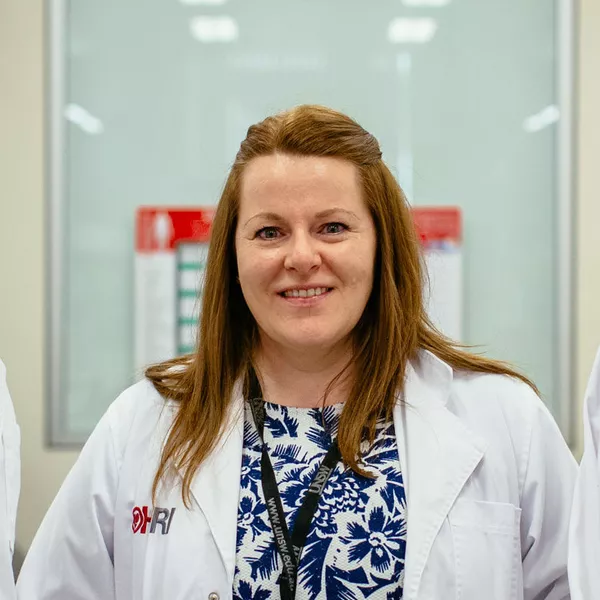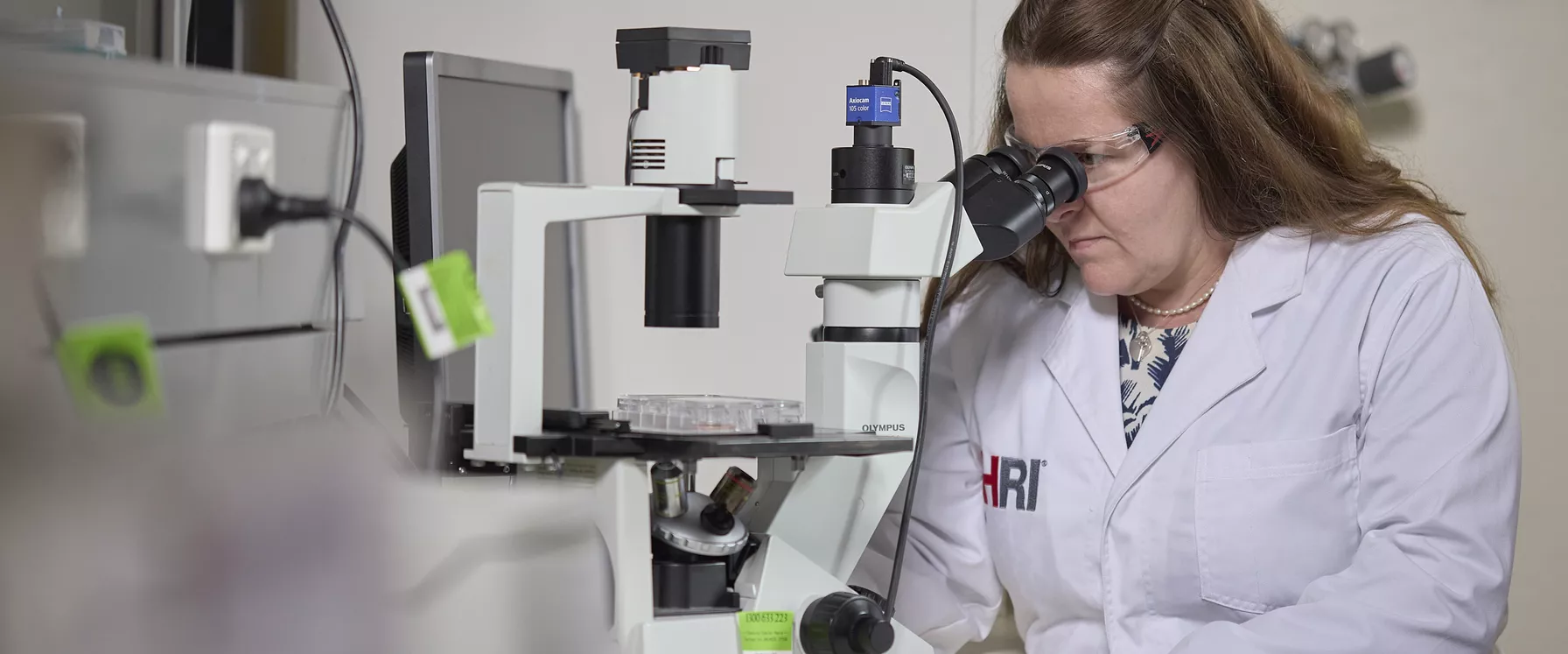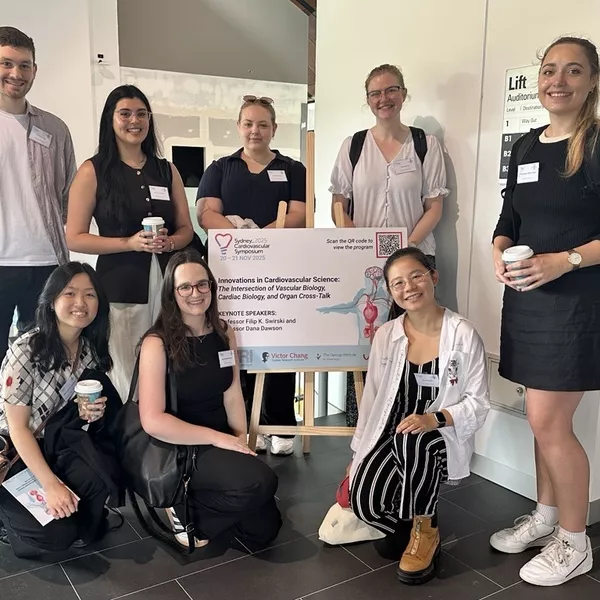
Selected publications
Cartland SP et al. The generation of stable microvessels in ischemia is mediated by endothelial cell derived TRAIL. Sci Adv. 2024 Oct 4;10(40):eadn8760.
Cartland SP, et al. Sex, Endothelial Cell Functions, and Peripheral Artery Disease. Int J Mol Sci. 2023 Dec 13;24(24):17439.
Kelland E, et al. The Prognostic, Diagnostic, and Therapeutic Potential of TRAIL Signalling in Cardiovascular Diseases. Int J Mol Sci. 2023 Apr 4;24(7):6725.
Cartland SP, et al. "Western Diet" promotes symptoms of hepatic steatosis in spontaneously hypertensive rats. Int J Exp Pathol. 2020 Oct;101(5):152-161.
Cartland SP, et al. Vascular transcriptome landscape of Trail-/- mice: Implications and therapeutic strategies for diabetic vascular disease. FASEB J. 2020 Jul;34(7):9547-9562.
Cartland SP et al. TRAIL-Expressing Monocyte/Macrophages Are Critical for Reducing Inflammation and Atherosclerosis. iScience. 2019 Feb 22;12:41-52.

